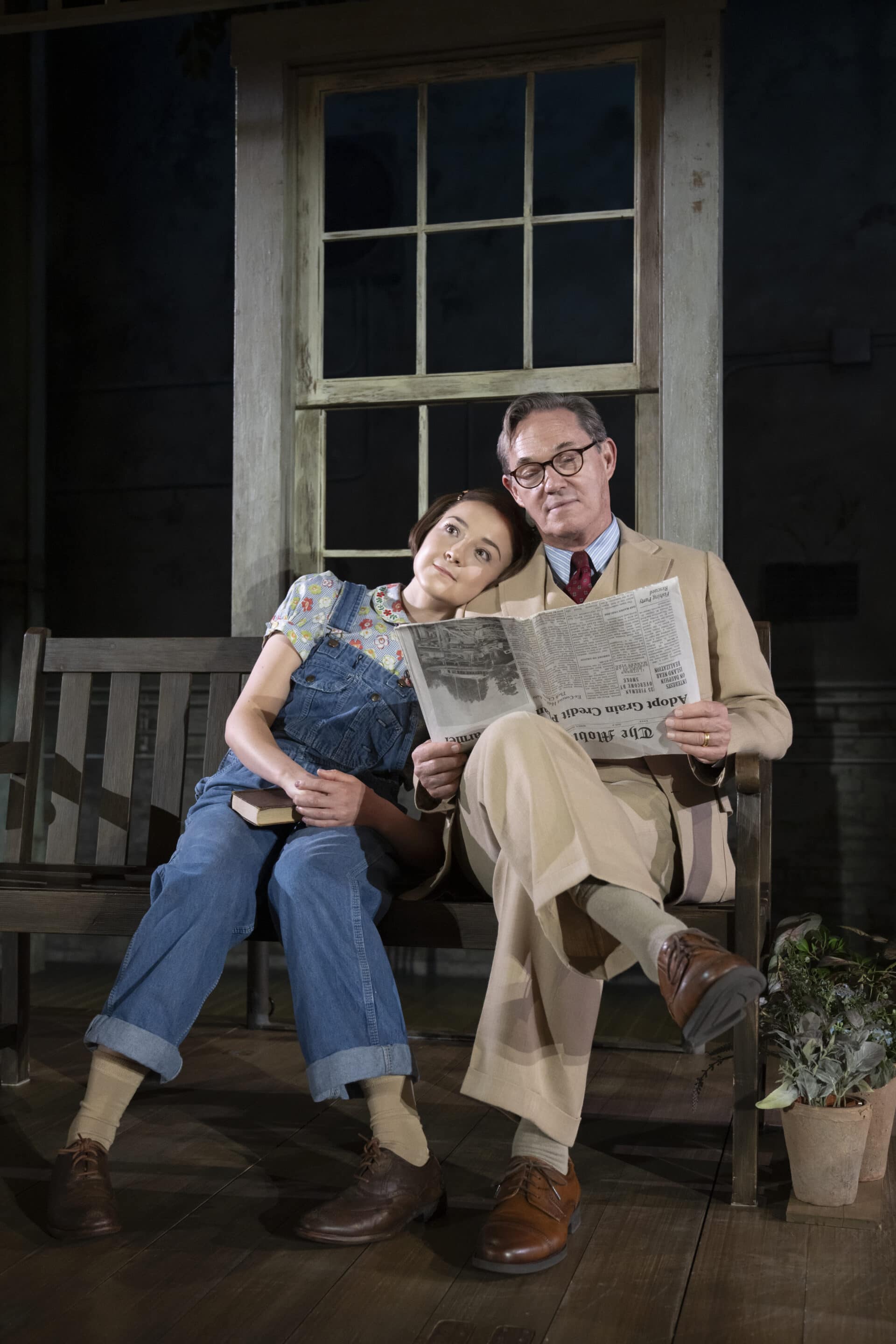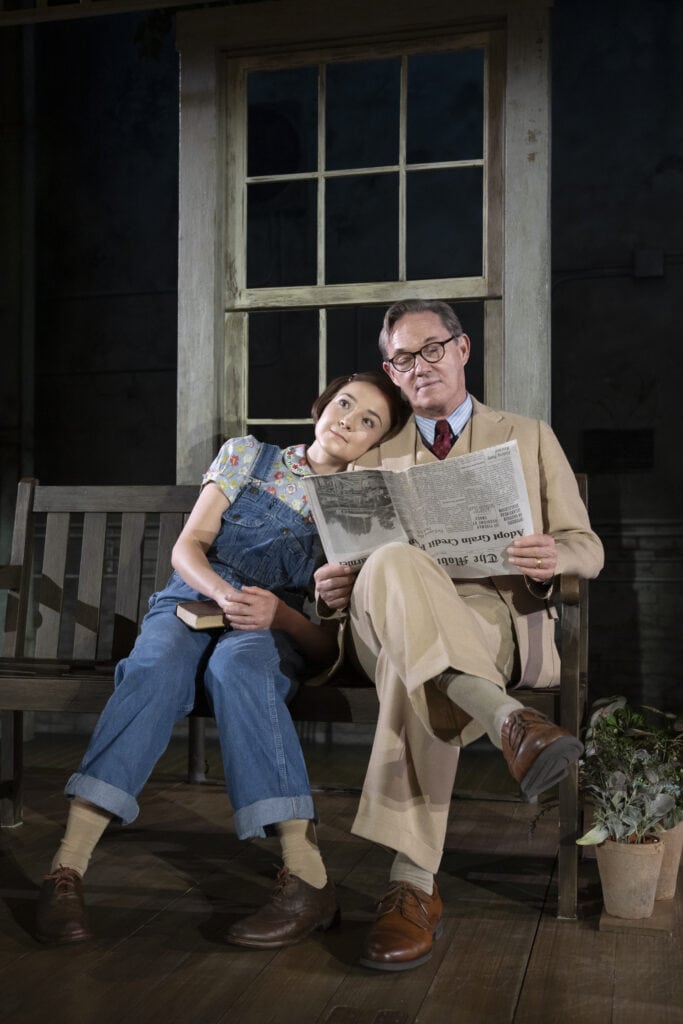
Student blogger Evan Fitzpatrick shares a young person’s perspective on the overwhelming significance of Harper Lee’s To Kill a Mockingbird in today’s world. Now adapted for the stage by Academy Award® winner, Aaron Sorkin, To Kill a Mockingbird runs May 3-5 at The Hanover Theatre & Conservatory for the Performing Arts.
America has a racist history.
And present.
Author Harper Lee’s To Kill a Mockingbird is based on an event that occurred in Alabama in the 1930s. This enduring story of racial injustice and the destruction of childhood innocence is told through the eyes of Scout Finch. Her father, the small-town lawyer Atticus Finch, has become one of the most beloved and admired characters in American literature. To Kill a Mockingbird has been called one of the most treasured books in America, yet it has appeared on banned book lists.
By bringing the story to the theatre, playwright Aaron Sorkin adds a cultural thread that keeps this important story from being canceled. For many students, this book is their first classroom introduction to America’s history of racism. We need this story, both as students and adults, as a corrective measure to the venom expressed on social media and the violence and stalemate in our country when debates about race or ethnicity are incensed.

Lee’s story and Sorkin’s theatrical adaptation now playing at The Hanover Theatre through May 5 asks us to look at ourselves and our own hypocrisies, improve who we are and feel something when faced with injustice, whether racial, social or sexist. We are even challenged to feel sympathy for those who seem irredeemable. One of my takeaways from this prolific story, we must not bewail; we must not post stripes and colors in solidarity on personal social pages or accounts and then actually do nothing. No matter what you call it or how you label it, the health and well-being of this nation moving forward will require that most of its citizens give time and resources for the good of others. The humility that is sincerely lacking in our nation’s discourse is at the forefront in Atticus Finch (played by Emmy Award® winner, Richard Thomas at The Hanover Theatre).
As a student who studied this story in middle school, I can tell you with certainty that no other book has held a class’s rapt attention like this one. The uncomfortable words deserve caution and respect, but the active discussions are those that will stay with us for a lifetime. To Kill a Mockingbird will always be a relevant part of our disturbing past. It belongs in our national conscience.
More than consciousness, we must actively identify the mockingbirds: who are the mockingbirds in our lives? Who gives and expects nothing in return? Who does no harm and it would be sinful to destroy them? What fear or rumor is wrongfully attached by society or ourselves?

See the show. Reread the book. Take action.
Carry it on your heart.


